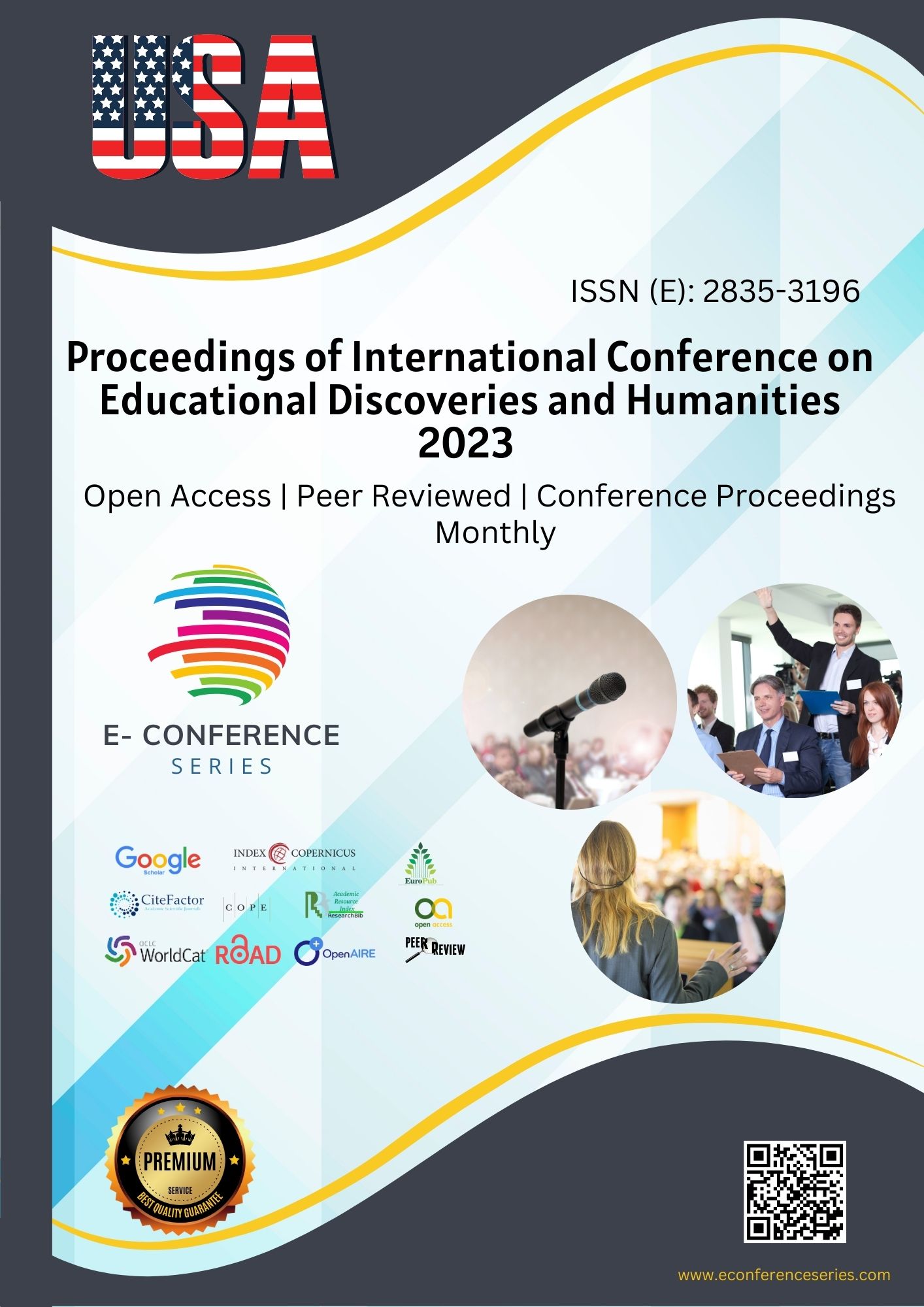THE IMPACT OF WEB PAGE ACTIVITIES ON UZBEK SCHOOL PUPILS' EFL GRAMMAR PROFICIENCY
Keywords:
EFL, grammar proficiency, web page activities, interactive exercises, grammar games, multimedia content, collaborative tools.Abstract
This paper explores the impact of web page activities on Uzbek school pupils' EFL grammar proficiency. By examining various types of web-based activities, including interactive exercises, grammar games, multimedia content, and collaborative tools, the study highlights their benefits in enhancing grammar skills. Empirical evidence and case studies from Uzbek schools demonstrate significant improvements in students' grammar proficiency through the use of these digital tools. The paper provides practical recommendations for integrating web page activities into the EFL curriculum, emphasizing the need for high-quality resources, teacher training, equitable access, collaborative learning environments, and continuous progress monitoring.
References
Aydin, S. (2013). The effects of the use of online language learning tools on EFL students' grammar proficiency. Journal of Language Teaching and Research, 4(2), 362-367. https://doi.org/10.4304/jltr.4.2.362-367
Al-Jarf, R. (2004). The effect of web-based learning on struggling EFL college writers. Foreign Language Annals, 37(1), 49-57. https://doi.org/10.1111/j.1944-9720.2004.tb02172.x
Wang, S., & Vasquez, C. (2012). Web 2.0 and second language learning: What does the research tell us? CALICO Journal, 29(3), 412-430. https://doi.org/10.11139/cj.29.3.412-430
British Council. (n.d.). LearnEnglish. Retrieved from https://learnenglish.britishcouncil.org/
ESL Games Plus. (n.d.). Grammar games for ESL students. Retrieved from https://www.eslgamesplus.com/grammar/
Grammarly. (n.d.). Grammarly: Free online writing assistant. Retrieved from https://www.grammarly.com/.
Downloads
Published
Issue
Section
License

This work is licensed under a Creative Commons Attribution-NonCommercial 4.0 International License.








